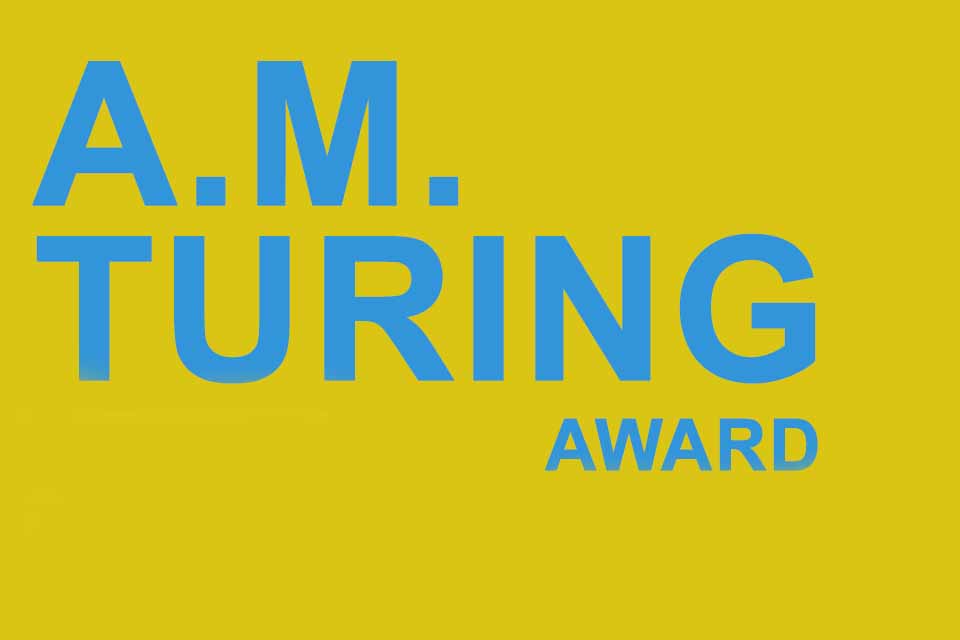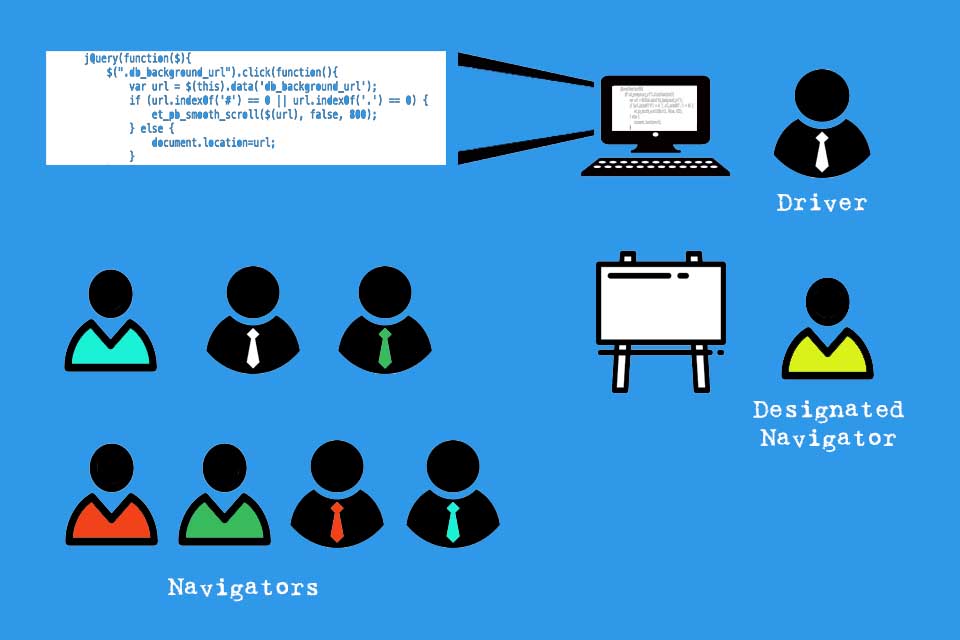What is the A.M. Turing Award?
Table of Contents: Definition – Who was A.M. Turing? – Winners 2024 – List of Winners – Statistical evaluations – Notes
Smartpedia: The Turing Award is the highest award in the field of computer science and is comparable to the Nobel Prize or the Fields Medal.
Turing Award – the highest award in computer science
The A.M. Turing Award is the highest award in computer science. Since 1966, it has been awarded once a year to individuals whose work has outstanding significance for computer science.
The Turing Award, which is comparable to the Nobel Prize or the Fields Medal for mathematics and is nowadays sponsored by Google and endowed with 1 million US dollars, is awarded by the Association for Computing Machinery (ACM). It was founded in 1947 as a scientific society for computer science with the aim of promoting the science and application of information technology.
According to its own information, the ACM is active in more than 100 countries with approx. 78,000 members. The German section is the German Chapter of the ACM, which celebrated its 50th anniversary in 2018.
Who was Alan Mathison Turing?
The award is named after Alan Mathison Turing, a British mathematician, computer scientist and cryptanalyst. He described an essential part of the theoretical foundations of information and computer technology and is regarded as one of the most influential theorists of early computer development. The Turing machine he developed is a cornerstone of Theoretical Computer Science. During the Second World War, he was instrumental in deciphering the Enigma used by the German army to encrypt its radio messages. In 1952, Alan Turing was sentenced to hormone treatment for his homosexuality, which was a criminal offence at the time. From then on he suffered from depression and took his own life in 1954.
“Sometimes it is the people no one can imagine anything of who do the things no one can imagine” is a well-known quote from A.M. Turing.
Turing Award 2024
Andrew G. Barto and Richard S. Sutton are the two winners of the A. M. Turing Award 2024. Andrew G. Barto is Professor Emeritus of Information and Computer Science at the University of Massachusetts Amherst. He studied mathematics at the University of Michigan, where he also obtained his master’s and doctorate in computer and communication sciences. Richard Sutton is a professor of computer science at the University of Alberta, a research scientist at Keen Technologies and a scientific advisor at the Alberta Machine Intelligence Institute (Amii). He began working with Andrew Barto in 1978 at the University of Massachusetts, where Barto was his doctoral supervisor. Sutton studied psychology at Stanford and received his doctorate in computer science from the University of Massachusetts.
The two researchers were honoured by the Association for Computing Machinery for their development of reinforcement learning. Reinforcement learning (RL) is a central approach in artificial intelligence in which agents learn through experience to make better decisions. They receive reward signals from their environment and adapt their behavior to get as much of it as possible in the long run.
Alan Turing proposed a learning system based on reward and punishment as early as 1950 in Computing Machinery and Intelligence. But it was only in the 1980s that Richard Sutton and Andrew Barto gave the concept new impetus. They developed the framework of reinforcement learning, based on so-called Markovian decision processes – mathematical models in which agents act and learn in uncertain environments to maximise future rewards.
Sutton and Barto laid the foundation for many of today’s applications with fundamental algorithms such as Temporal Difference Learning and Policy Gradients. They showed how machines can learn from experience, plan and use environmental knowledge. Their textbook Reinforcement Learning: An Introduction became the standard reference work for researchers.
Over the last 15 years, RL has developed rapidly, particularly through its combination with deep learning. The result: deep reinforcement learning. The most famous example is AlphaGo, which beat human Go masters for the first time in 2016. ChatGPT also uses RL – specifically, a method called reinforcement learning from human feedback to better understand human expectations.
List of Turing Award Winners
Since 1966, the Turing Award has been presented 59 times.
- 79 persons have been honoured, 44 times individual persons have been awarded the prize, 13 times the prize has been awarded simultaneously to 2 persons and 3 times to 3 persons.
- The first winner of the Turing Award was Alan Jay Perlis, an American computer scientist who was instrumental in getting computer science taught as an independent subject at American universities.
- The youngest winner was only 36 years old: in 1974, Donald Knuth convinced the jury with “Computer Programming as an Art”.
- And in 2006, Frances Elisabeth Allen was the first woman to win the Turing Award for her work on the theory and practice of compiler optimisation.
And the Turing Award goes to …
Some statistical evaluations of the Turing Award
Here are some statistical evaluations of the Turing Award winners in terms of
- origin,
- gender,
- first names and
- age.
- USA – 51 Winners 64.56%
- 8.86%
- Canada – 6 Winners 7.59%
- Israel – 4 Winners 5.06%
- France – 2 Winners 2.53%
- Norway – 2 Winners 2.53%
- China – 1 Winner 1.27%
- Denmark – 1 Winner 1.27%
- India – 1 Winner 1.27%
- Italy – 1 Winner 1.27%
- Netherlands – 1 Winner 1.27%
- Switzerland – 1 Winner 1.27%
- Venezuela – 1 Winner 1.27%
Women
Men
John
Richard
Robert
Youngest winner
Oldest Winner
Average age
Here you can find more information on the Turing Award.
The Bank of England honoured Alan Turing in 2021 with a launch of a new 50 pound note with the image of the computer pioneer.
If you like the article or would like to discuss it, please feel free to share it in your network. And if you have any comments, please do not hesitate to send us a message.
And here you will find additional information from our Smartpedia section:



